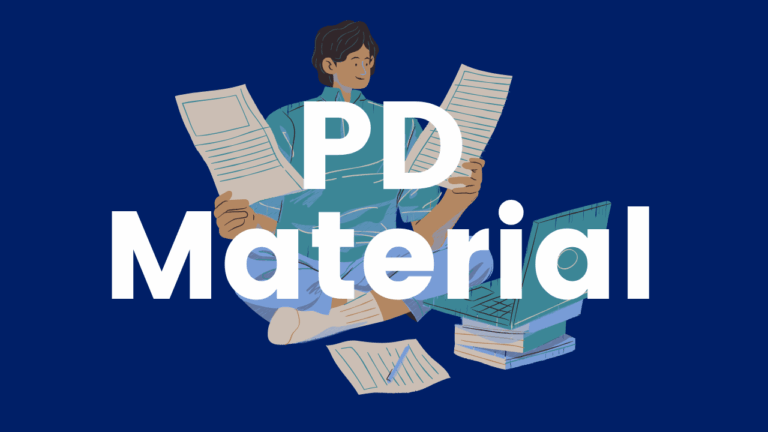Juicy Sentence Guidance
Far too often, students who struggle with reading and language are given simplified, uninteresting texts. These texts are judged to be “at-the-students’ language or reading level” but deny students access to rich, interesting, age-appropriate text. This guidance document outlines some ideas for fostering conversations around “juicy sentences,” where students learn to deconstruct and reconstruct sentences,…






